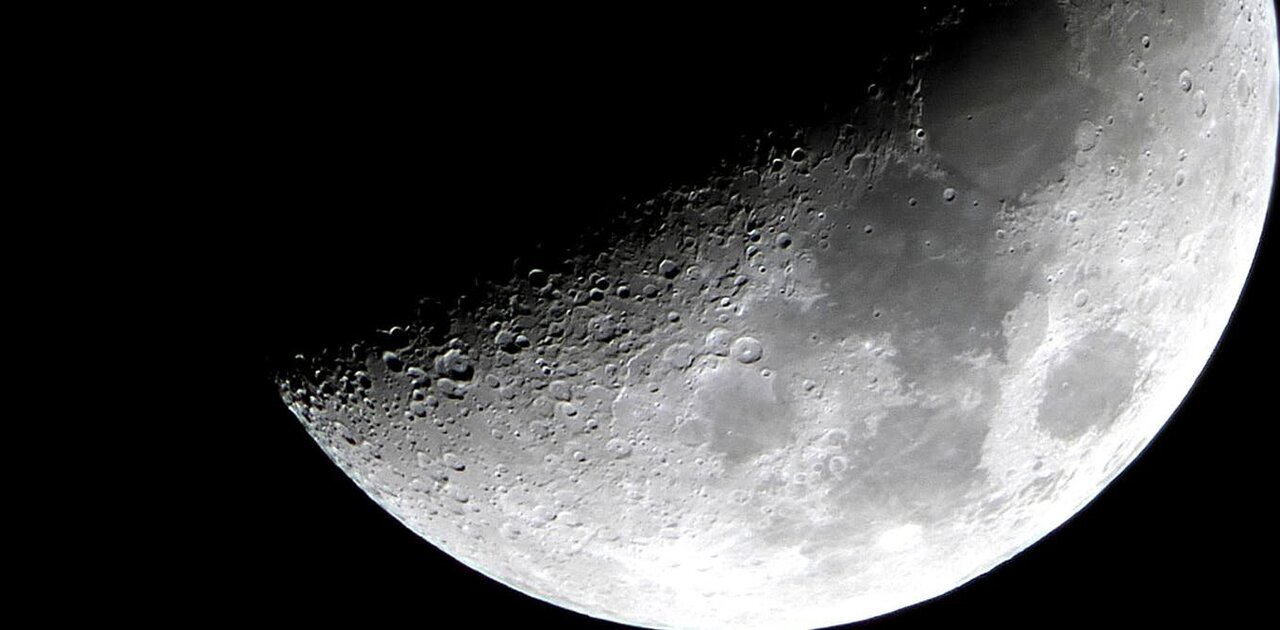The moon has always served as an inspiration for humanity, and there are many potential benefits for further exploration of our planet’s rocky satellite.
But we need to establish guidelines to prevent unethical behavior on the moon, particularly regarding the use of natural resources and off-planet labor.
How humans should interact with space and celestial objects is central to the emerging field of space ethics. It’s something I’ve been involved with since 2015, when I taught my first class on consent for the use of celestial objects at Yale University’s Summer Bioethics Institute.
As we prepare to celebrate the 50th anniversary of the moon landing, here are five things we need to reflect on regarding ethical considerations for various future uses of the moon.
Some people believe establishing human settlements on the moon—and other bodies—may help lessen the environmental burden of overpopulation on Earth.
While the practical issues of survival and maintaining communication receive a lot of attention in discussions of moon settlements, the ethical considerations are often overlooked.
These include whether moon-based humans would have the same legal and human rights as their counterparts on Earth. Would children born on the moon even share the citizenship of their parents, or would they be stateless on Earth?
Source: Five ethical questions for how we choose to use the moon


